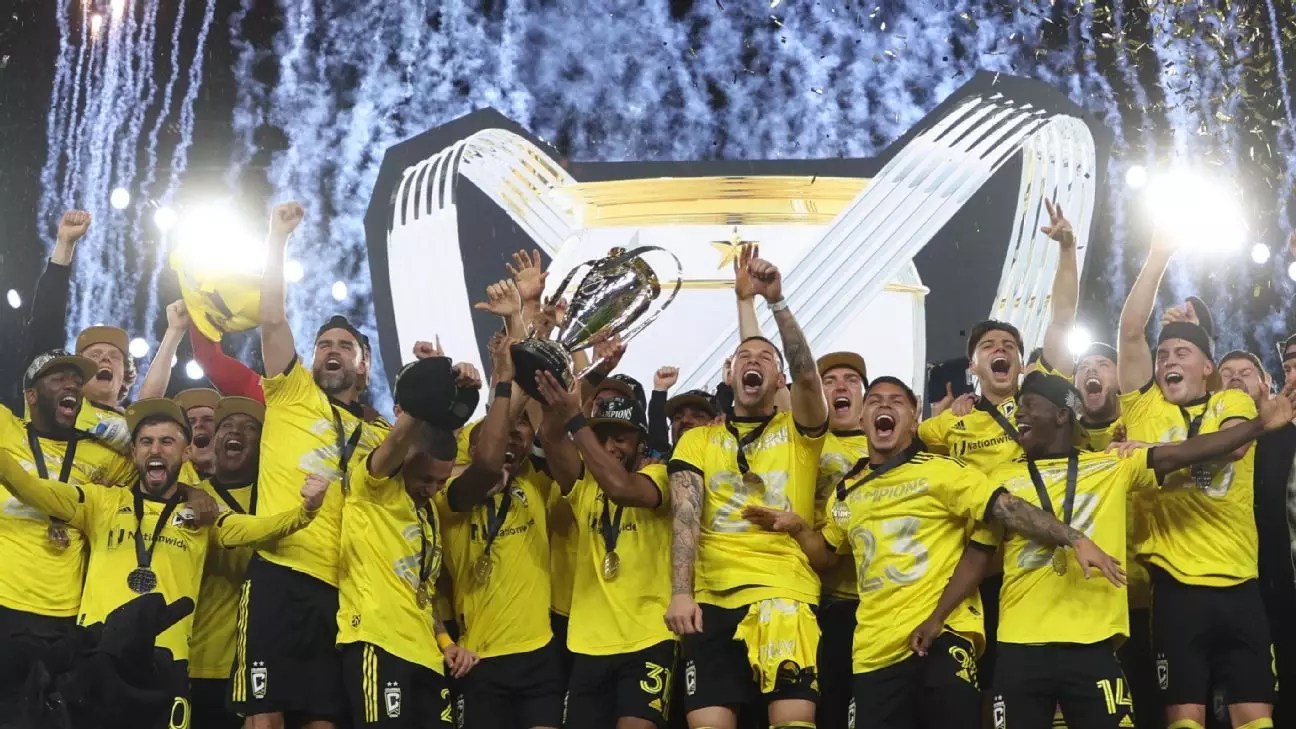The MLS Cup stands as the apex of Major League Soccer (MLS), a competition that began in 1996 and has since flourished, reflecting the growth of the sport in the United States and Canada. Every year, this championship game showcases the talents and prowess of the league’s best teams, culminating in a battle for supremacy between the victors of the Eastern and Western Conference finals. The significance of this tournament is not limited to its status as a championship—it provides the winning team (if based in the U.S.) with a coveted spot in the Concacaf Champions Cup, an opportunity to compete on an international level.
The Historical Context of the MLS Cup
The inaugural MLS Cup took place on October 20, 1996, where D.C. United secured victory against the LA Galaxy with a narrow 3-2 scoreline. This historic match set the tone for MLS Cup’s competitive spirit. Over the years, D.C. United has evolved into one of the league’s most storied franchises, claiming the title four times. However, the LA Galaxy has emerged as the preeminent force in MLS history, boasting an impressive five championships. Their victories, achieved in 2002, 2005, 2011, 2012, and 2014, underscore the franchise’s dominance and ability to remain competitive across various eras of the league.
As of the current season, 29 teams compete in MLS, yet the competitive landscape is riddled with disparities. While some teams revel in extensive trophy cabinets, others are still searching for their first MLS Cup title. Notably, 14 teams have yet to taste championship success, including newer franchises such as Austin FC and Charlotte FC. This disparity highlights both the unpredictability and excitement integral to MLS, where challenges abound for expansion teams as they navigate the hurdles of building a winning squad within the league’s landscape.
Teams and Their Championship Records
A total of seven franchises have managed to secure multiple MLS Cup titles, including the LA Galaxy, D.C. United, and the Columbus Crew. Notably, the Crew recently added to their accolades, winning the MLS Cup in 2023, alongside their previous titles in 2008 and 2020. In contrast, other teams like the San Jose Earthquakes and Sporting Kansas City have also celebrated multiple successes, demonstrating that while some clubs struggle, others have found a winning formula.
Among the 10 teams that have never reached the finals, organizations including CF Montréal and Minnesota United FC highlight the ongoing journey many franchises undertake in pursuit of greatness. This mix of perennial powerhouses and underdog aspirants intensifies the stakes, making each season a thrilling chapter in the history of MLS.
The winner of the MLS Cup receives the Philip F. Anschutz Trophy, named after one of the league’s co-founders. This trophy not only symbolizes victory but also encapsulates years of dedication and hard work. Beyond the trophy, individual recognition is also a hallmark of the MLS Cup. The Most Valuable Player (MVP) award is given to standout performers, with players like Landon Donovan and Josef Martínez leaving their marks on the game through exemplary performances in the finals. Such recognition fuels the competitive spirit, encouraging players to strive for excellence.
As Major League Soccer continues to grow, so too does the allure of the MLS Cup. With recent expansions and the integration of new franchises, the cup remains a coveted prize. Fans will continue to witness exhilarating matches that capture the heart of the sport while fostering a vibrant community around soccer in North America. The stage is set for future captivating competitions where the legacy of the MLS Cup will undoubtedly grow, solidifying its place as a pillar of American sports culture. The evolving narrative of triumph and heartache within this tournament promises exhilarating stories for years to come.


Leave a Reply